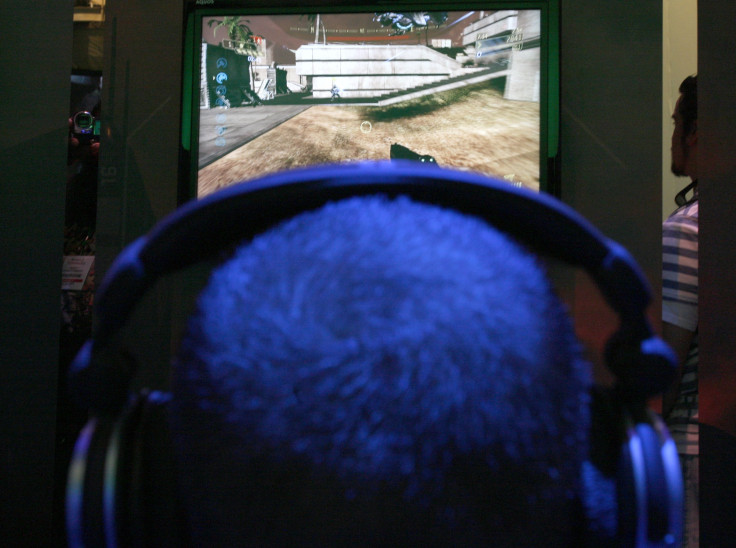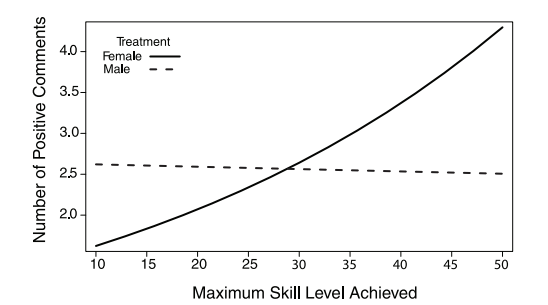‘Halo 3’ Study: Men Who Suck At Video Games More Likely To Harass Women In-Game

Quell your rage, guys. A new study has linked being bad at first-person shooter games to a higher likelihood of harassing women online.
Researchers Michael Kasumovic from the University of New South Wales in Australia and Jeffrey Huznekoff from Miami University pre-recorded normal gaming phrases like “nice shot there” in a male and female voice before playing – and recording – 82 games of "Halo 3" with the female voice and 81 with the male voice.
“Poorer performance (fewer kills and more deaths) resulted in more negative statements specifically in the female-voiced manipulation,” they said in the study. As a control they played the voices in just 102 of the games. They then went over the recordings, discounting the ones in which no players spoke – leaving them with 126 – and analyzed the transcriptions against the performance of the players.
Bad players also showed some negativity toward other male players, but this was much more frequent toward the female voice and decreased as the player's performance got better.

Kasumovic and Huznekoff mentioned two other possible theories: first, women are a rarity in FPS games – with none of the 189 players recorded being female – making it a reaction to the male-dominated environment; and second, “individuals may simply be responding more aggressively toward individuals with a higher-pitched voice (a female in this case), as dominance is predictable by voice pitch.”
They also laid out possible ways to decrease aggression toward female video gamers, based on their observations that males with good performance tended to give other female – and male – players compliments.
“By demonstrating that female-directed hostility primarily originates from low-status, poorer-performing males, our results suggest that a way to counter it may be through teaching young males that losing to the opposite sex is not socially debilitating,” they said.
“Halo 3” was the game of choice due to its first-person shooter style, competitive nature and the head-to-toe clothing in-game, which they hoped would decrease “the overt sexism seen in most competitive games.”
Another study by Kuznekoff and Lindsey Rose showed that on average female gamers experience three times as many negative comments as males. Last year harassment of female gamers came into the public sphere with the Gamergate scandal.
© Copyright IBTimes 2025. All rights reserved.





















